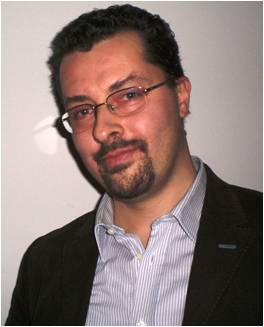Scientists at the University of Aberdeen are working towards finding quick and painless ways to identify aggressive breast tumours, thanks to a research grant worth close to £20,000 from Breast Cancer Campaign.
Researchers have discovered that aggressive tumours often contain cancer cells which have been deprived of oxygen and nutrients, known as ‘hypoxic’ cells. Experiments have shown that a molecule called fluoroazomycin arabinoside (FAZA) is preferentially taken up by these hypoxic cells and can then be detected inside the body using a PET scanner.
Professor Matteo Zanda’s research aims to understand this more fully. “My team and I, in collaboration with the PET biologist Dr. Ian Fleming, will study how effective FAZA is at detecting hypoxic breast cancer cells by measuring the amount of molecule retained in hypoxic cancer cells grown in the laboratory”, he said.
He continued: “In addition, we will produce and test several slightly different versions of FAZA to see if making small changes to the molecule improve its ability to detect hypoxic cancer cells.”
Dr Lisa Wilde, Director of Research, Breast Cancer Campaign said, “Despite enormous progress, too many people still die from breast cancer. Professor Zanda’s pioneering work will provide researchers with the vital knowledge to help the development of a new scanning method to detect patients with aggressive tumours.This would allow doctors to provide treatments specifically for this type of tumour; giving these people the best chance of survival.”


